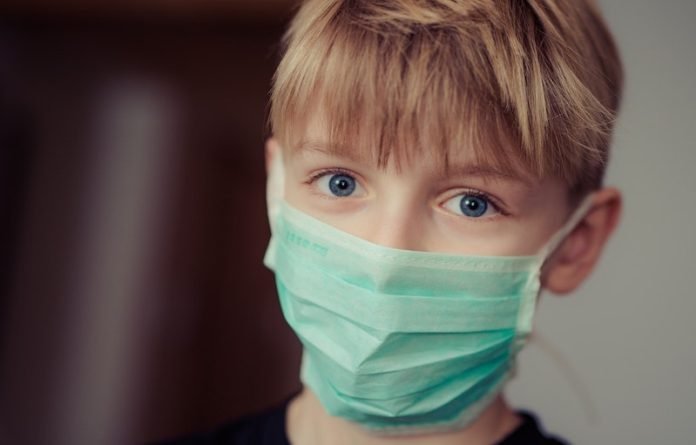
During the COVID-19 pandemic, doctors and scientists found that children and teenagers were getting less sick than adults when infected with the virus.
One explanation for this could be that children already had some level of immunity to COVID-19 because of memory T cells generated by previous common colds.
A new study at the Karolinska Institutet in Sweden has found memory T cells that react to cells infected with SARS-CoV-2, the virus that causes COVID-19, by studying blood samples taken from children before the pandemic.
The finding reinforces the idea that children may have developed immunity to COVID-19 because they previously had colds caused by one of the four coronaviruses that cause seasonal common cold symptoms.
According to the team, the T-cell response to coronaviruses develops as early as the age of two.
The study analyzed 48 blood samples from two- and six-year-old children, 94 samples from adults between the ages of 26 and 83, and blood samples from 58 people who recently recovered from COVID-19.
The results showed that T cells previously activated by the OC43 virus can cross-react against SARS-CoV-2.
The team says the findings could guide the future monitoring and development of vaccines.
The study shows that children may have a strong immunity to COVID-19 at the age of two.
The researchers plan to do similar studies on younger and older children, teenagers, and young adults to better understand how the immune response to coronaviruses develops from childhood to adulthood.
If you care about the immune system, please read studies about 7 things to know about the new flu, and new drug could give immune system a double boost against cancer.
For more information about health, please see recent studies that chili peppers could help you live longer, and results showing Vitamin D could help lower the risk of autoimmune diseases.
The study was conducted by Annika Karlsson et al and published in the journal Proceedings of the National Academy of Sciences.
Copyright © 2023 Knowridge Science Report. All rights reserved.



